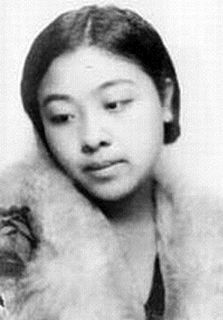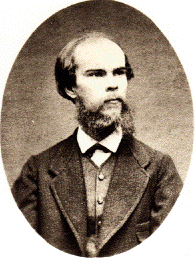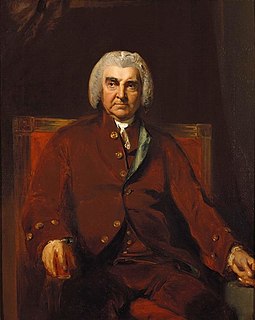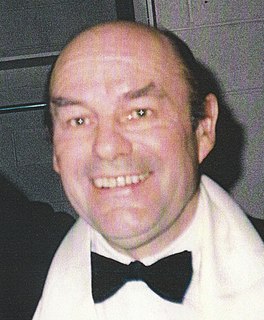A Quote by Ding Ling
Happiness is to take up the struggle in the midst of the raging storm and not to pluck the lute in the moonlight or recite poetry among the blossoms.
Related Quotes
Your soul is a chosen landscape Where charming masked and costumed figures go Playing the lute and dancing and almost Sad beneath their fantastic disguises. All sing in a minor key Of all-conquering love and careless fortune They do not seem to believe in their happiness And their song mingles with the moonlight. The still moonlight, sad and beautiful, Which gives the birds to dream in the trees And makes the fountain sprays sob in ecstasy, The tall, slender fountain sprays among the marble statues.
Some of the old folk singers used to phrase things in an interesting way, and then, I got my style from seeing a lot of outdoor-type poets, who would recite their poetry. When you don't have a guitar, you recite things differently, and there used to be quite a few poets in the jazz clubs, who would recite with a different type of attitude.
Only in the context of the great encounter with Jesus can a real authentic struggle take place. The encounter with Christ does not take place before, after, or beyond the struggle with our false self and its demons. No, it is precisely in the midst of this struggle that our Lord comes to us and says, as he said to the old man in the story: ‘As soon as you turned to me again, you see I was beside you.’
One of the things that is wonderful about hymns is that they are a sort of universally shared poetry, at least among certain populations. There isn't much of that anymore either. There are very few poems people can recite, but there are quite a few hymns that, if you hum a few bars, people can at least come up with two verses. Many of the older hymns are very beautiful.
We Communists must be able to integrate ourselves with the masses in all things. If our Party members spend their whole lives sitting indoors and never go out to face the world and brave the storm, what good will they be to the Chinese people? None at all, and we do not need such people as Party members. We Communists ought to face the world and brave the storm the great world of mass struggle and the mighty storm of mass struggle.
I knelt and opened up my lute case. Moving the lute aside, I pressed the lid of the secret compartment and twisted it open. I slid Threpe's sealed letter inside, where it joined the hollow horn with Nina's drawing and a small sack of dried apple I had stowed there. There was nothing special about the dried apple, but in my opinion if you have a secret compartment in your lute case and don't use it to hide things, there is something terribly, terribly wrong with you.



































